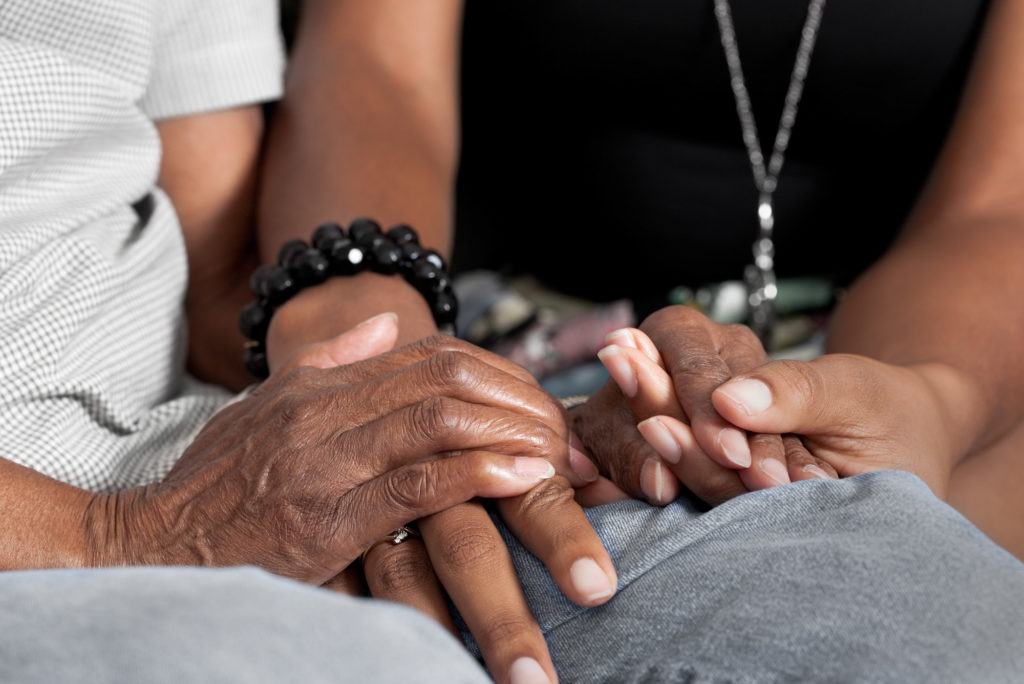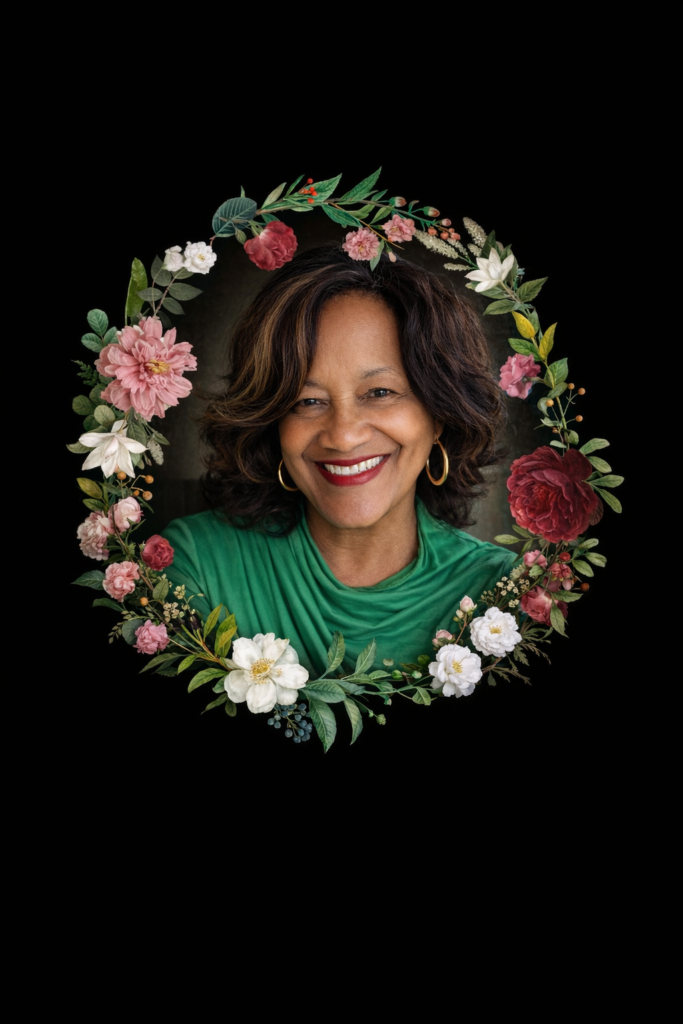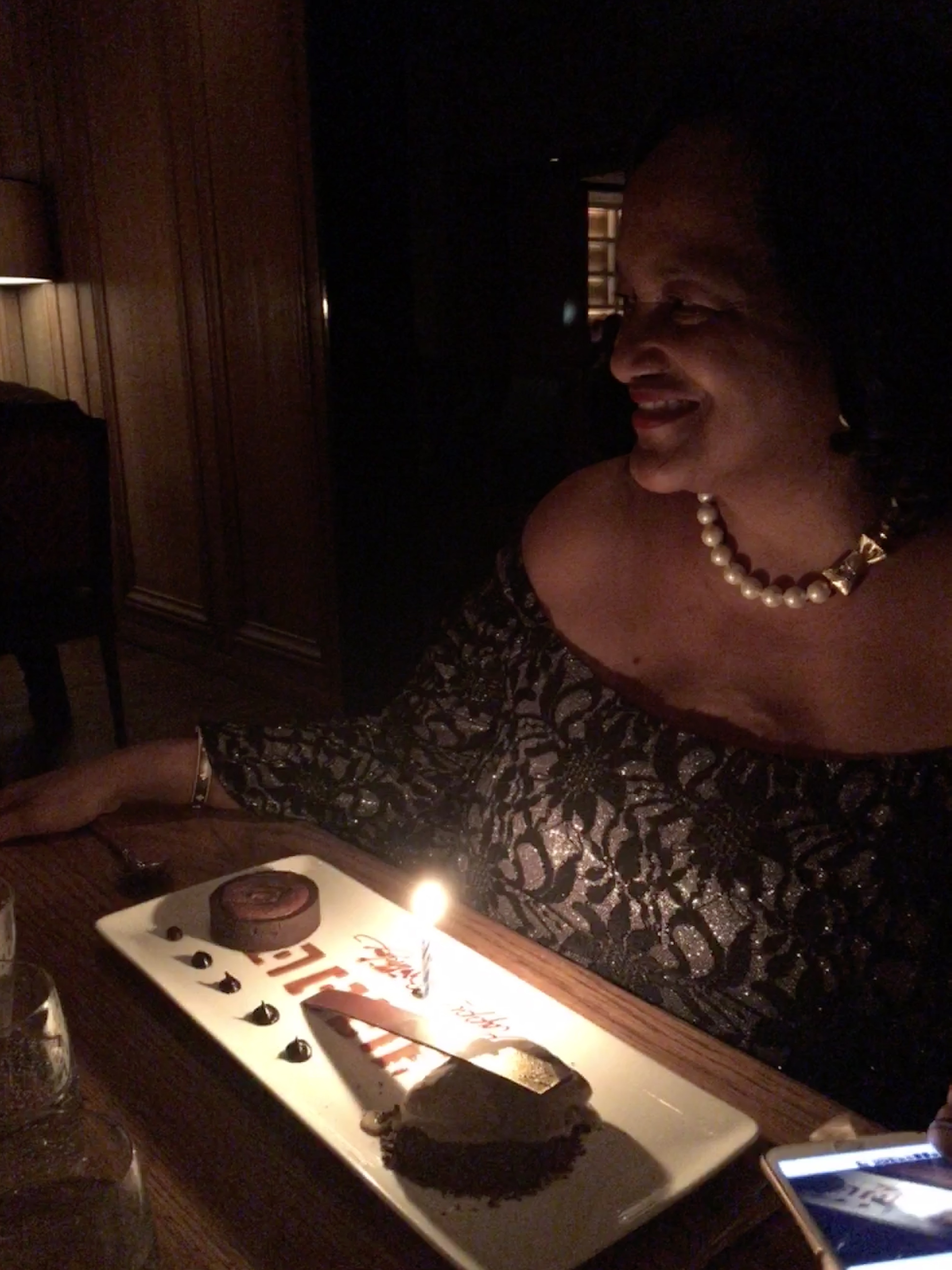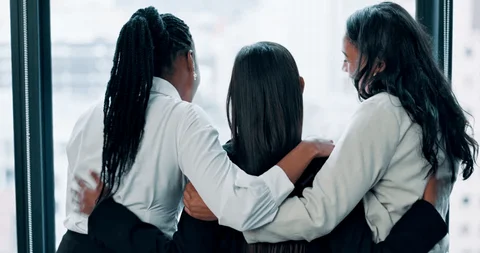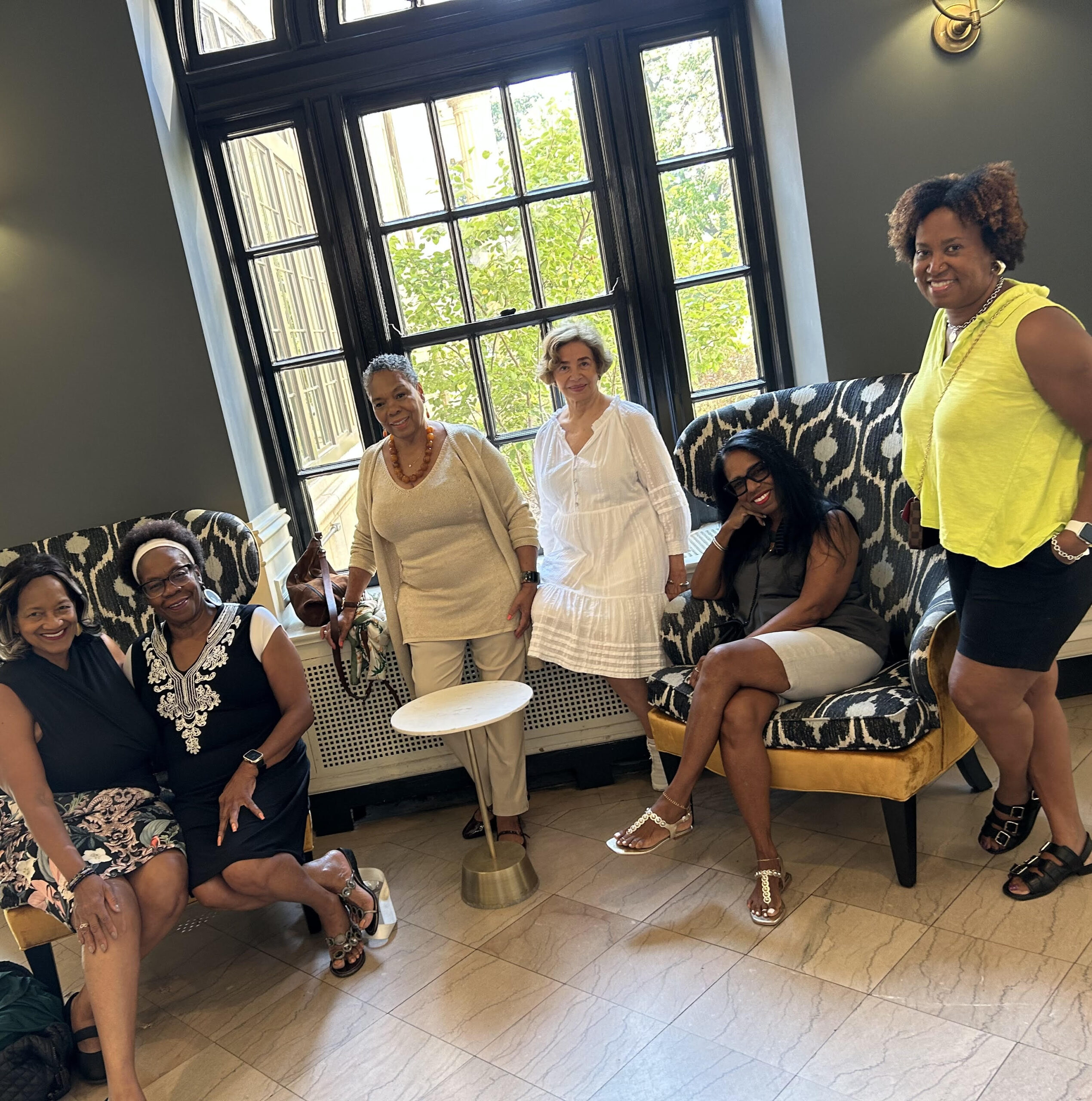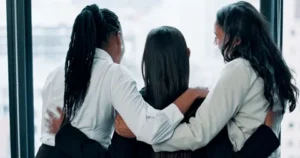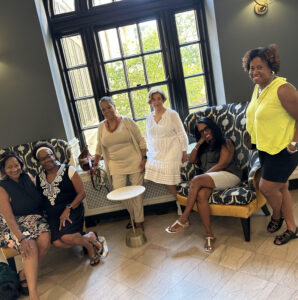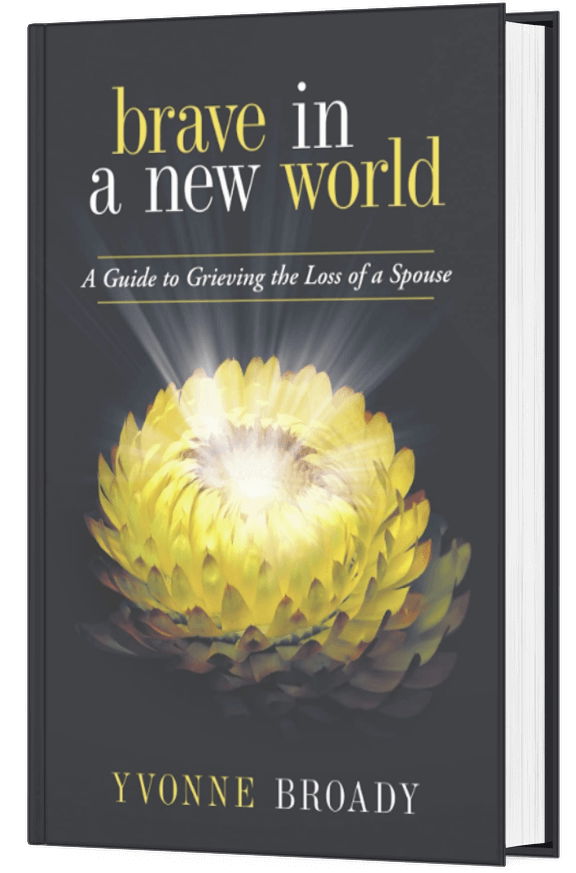I had several landmark events that occurred during my husband’s bout with Stage IV pancreatic cancer. I had a milestone birthday the December before he died. Many friends came together and surprised me with a beautiful party, but I missed not having my husband there by my side, as he was at home, in hospice care.Several months earlier, I had retired from my profession as an art teacher, having decided to give all my attention to caring for my husband Chuck.
I remember traveling downtown to “put in my papers,” and after my exit interview when I stood up to leave the retirement office, the gentleman who had been assisting me said, “Congratulations you are now retired. You should know that this will be the start of a new way of living.”
I left, caught a cab and, as the car drove past New York’s Ground Zero on a misty rainy afternoon, I wasn’t sure how I should be feeling. I had been doing a really good job of holding in my feelings for quite some time, but, on this day, I had mixed emotions, which were beginning to seep through the seams.
I wasn’t really able to celebrate, but I wanted to cry and did shed a tear as I headed toward home to my unknown future. I felt sad and slightly excited, but this was all against the backdrop of my husband and his illness, which was an ever-present shadow looming in the background.
Years later, when I would look back on those occasions that might’ve called for me,under normal circumstances, to be happy, I felt that everything had been tainted. The reality of the events that were taking place in my life was a joy killer that snatched away even the slightest feeling of joy.But one thing I knew for sure,it wasn’t my husband’s fault. We were at the mercy of circumstances that didn’t ask permission to be invited into our lives.
Just a year earlier, in the summer of 2007, I had surprised Chuck with a wonderful party on the rooftop of a brand-new Manhattan restaurant on the occasion of his 60th birthday. It was truly a perfect day. The weather was perfect and some 40 friends joined us for food, drink and the best, best music.

I had organized everything and my son, stepped up and finalized the arrangements. On the evening of the event, my husband was so shocked by the surprise that he literally gasped as he saw familiar faces greeting him with birthday greetings and love.
Little did we know that this would be the final time most of these folks would see Chuck alive. Just some five months down the road we would have our lives turned upside down by a diagnosis of volcanic proportions. I was glad that at least we had been able to have a grand fete with our closest friends and family before the impending tidal wave engulfed us.
I became anxious, nervous and extremely depressed. I didn’t know how to stop my dive into the depths of despair.I missed my husband and tried to make sense of the loss.He was really gone, period. I was still here but fading.
Although I didn’t have any widow or widower friends at that time, I’ve since encountered many people who’ve lost a spouse. They too can identify with feelings of emptiness, isolation, numbness and depression. They do not know how they can go on, how they will survive, how they will handle the pain or how they can make the pain go away.Some men and women, especially women, feel it is a betrayal to let go of the pain, so they hang on for dear life, rejecting suggestions of ways that they can honor their spouse but begin to rebuild their lives.
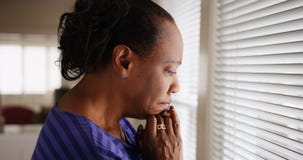
I didn’t know what to expect as I thought my extraordinary feelings were part of a new normal for me. Eventually, however, I knew I couldn’t go on feeling vulnerable, anxious, and depressed indefinitely. So, I took the following steps to begin to move my life forward:
Here are a few suggestions of things to think about doing as you begin to rebuild your life:
- Individual counseling. This helped immensely, especially in the very beginning after the loss. My wounds were fresh and I felt as though I was about to fall off the face of the earth. I learned coping skills that assisted me with the grieving process including, visualization exercises, meditation, “talking” to my husband and feeling the pain.
- Group counseling
- Connecting with friends and family
- Staying active and exercising
- Seeking medical and alternative medical assistance as needed.
- Silence…just being alone and quiet became a sacred time for me to spend with my thoughts and to cry. During this time I meditated, prayed and had “conversationswith Chuck”. I soon learned to keep my eyes on the target that no one else but I could see as I began to recreate my life, bit by bit.
No matter what anybody else thinks,you know yourself best. You can devise a plan to help yourself rebuild your life and no one has to have input into that plan except you.Regaining my strength and vitality, being able to transform the pain from the loss of my husband into forever memories was my goal. I did not think that that was possible in the beginning, but little by little as I set aside time for myself, I was able to move my life forward.Then, one day, I realized that the sun was shining brighter and I no longer felt his absence when I entered my home. I was embarking on a new journey alone.
It’s been several years now since I began this overwhelming healing journey and so you might ask, “Do you still have feelings of sorrow even now?” The answer is yes but it’s a far cry from the day-to-day sadness that I experienced for months and years, now so long ago.
For those who have young children to care for or work outside the home, I would suggest that before you go to sleep take a little time to grieve. Purchase some DVDs on meditation and yoga, or go to an actual yoga class. Try journaling your thoughts and writing down your dreams especially, those that involve your lost spouse.You may find a message or an answer in the dream that helps you to begin to feel a bit better. These are a few mindfulness practices that can help to ease you through the grief journey.
During this time, your friends and family, out of concern for your well-being, may urge you to grieve quickly. There is no such thing as grieving quickly. Take all the time that you need to heal yourself.There are many online grief support groups and social media forums that did not exist when I lost my husband several years ago. These support communities will assist in helping one feel less isolated. Remember, be patient with yourself and understand that by connecting with others, you will soon find that you are not alone.



